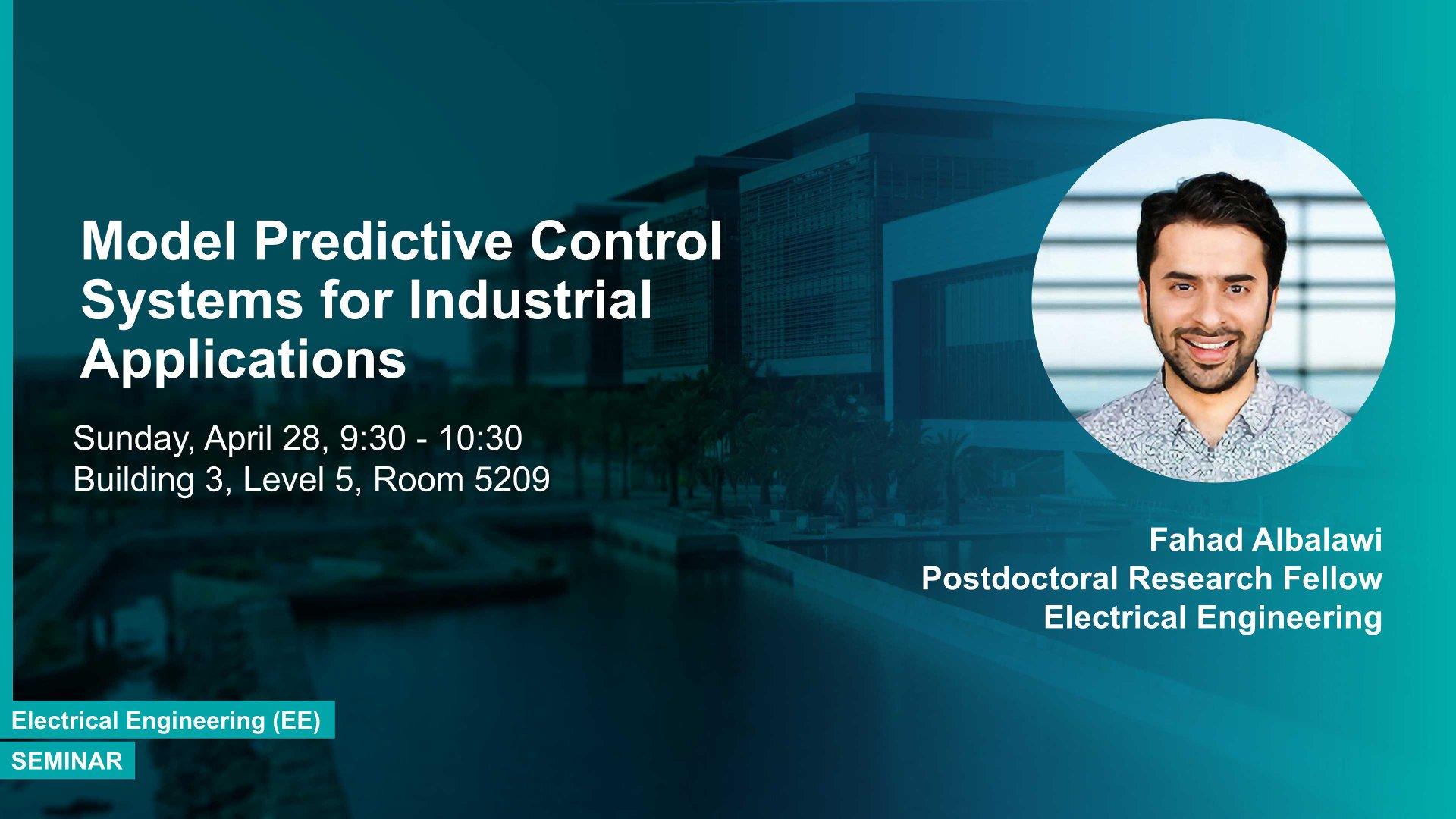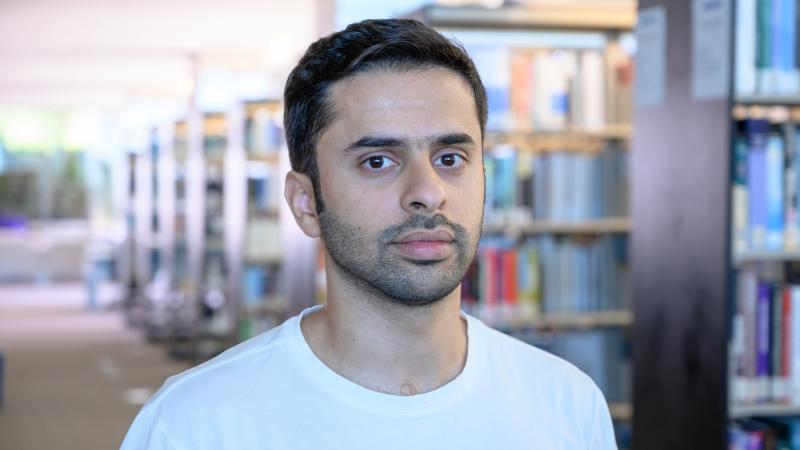Event Start
Event End
Location
Abstract
Model Predictive Control (MPC) is an d advanced control strategy widely used in the process industries and beyond. Therefore, industry is interested in the developments of MPC formulations that can enhance safety, reliability, and economic profitability of chemical processes. Motivated by these considerations, the first part of this talk focuses on the development of methods for integrating process operational safety and process economics within model predictive control system designs. To accomplish these critical control objectives, various economic model predictive control (EMPC) schemes that maintain the process state within a safety region in state-space while optimizing process economics are considered for the first time. The safety region is initially assumed to be a level set of a Lyapunov function which is made forward invariant through appropriate MPC design. However, safety-based constraints may define a safety region that is irregularly shaped, and therefore, the safety region may not be taken to be a level set of a Lyapunov function in general. Hence, the second part of this talk proposes an economic model predictive control (EMPC) formulation that utilizes a Safeness Index function (a function that measures the safeness of points in state-space) as a hard constraint to define a safe region of operation termed the safety zone. Such a safety zone is not restricted to be a level set of a Lyapunov function and may be irregularly shaped. While the two initial safe-EMPC formulations explicitly handle process safety and economics considerations, they are centralized in nature and may lead to control action calculations that exceed the allowable sampling period. To address this potential practical limitation of the centralized safety-based EMPC designs, the third part of this talk addresses the development of distributed economic model predictive control architectures with safety-based constraints. Both sequential and iterative distributed control architectures, and the partitioning of inputs between the various optimization problems in the distributed structure based on their impact on process operational safety, are investigated. Nonlinear process examples will be used throughout the talk to demonstrate the applicability and effectiveness of the proposed control methods.
Brief Biography
Fahad Albalawi was born in Jeddah, Saudi Arabia. He received his B.S. (2008 ) in Electrical Engineering from Umm Alqura University, Makkah. After that, he joined Saudi Aramco as an Electrical Engineer for one year. Then, he decided to complete his higher education where he received his M.S. (2013) degree from George Washington University, Washington DC. In June 2017, Fahad obtained his Ph.D. degree in Electrical Engineering from University of California, Los Angeles. Right after his PhD graduation, Fahad obtained an assistant professor position of Electrical Engineering at Taif University, Saudi Arabia. Currently, he is a postdoctoral fellow at King Abdullah University of Science and Technology (KAUST) with professor Meriem Laleg group. His research interests include model predictive control, nonlinear systems, , dynamic process optimization, process operational safety and machine learning.

